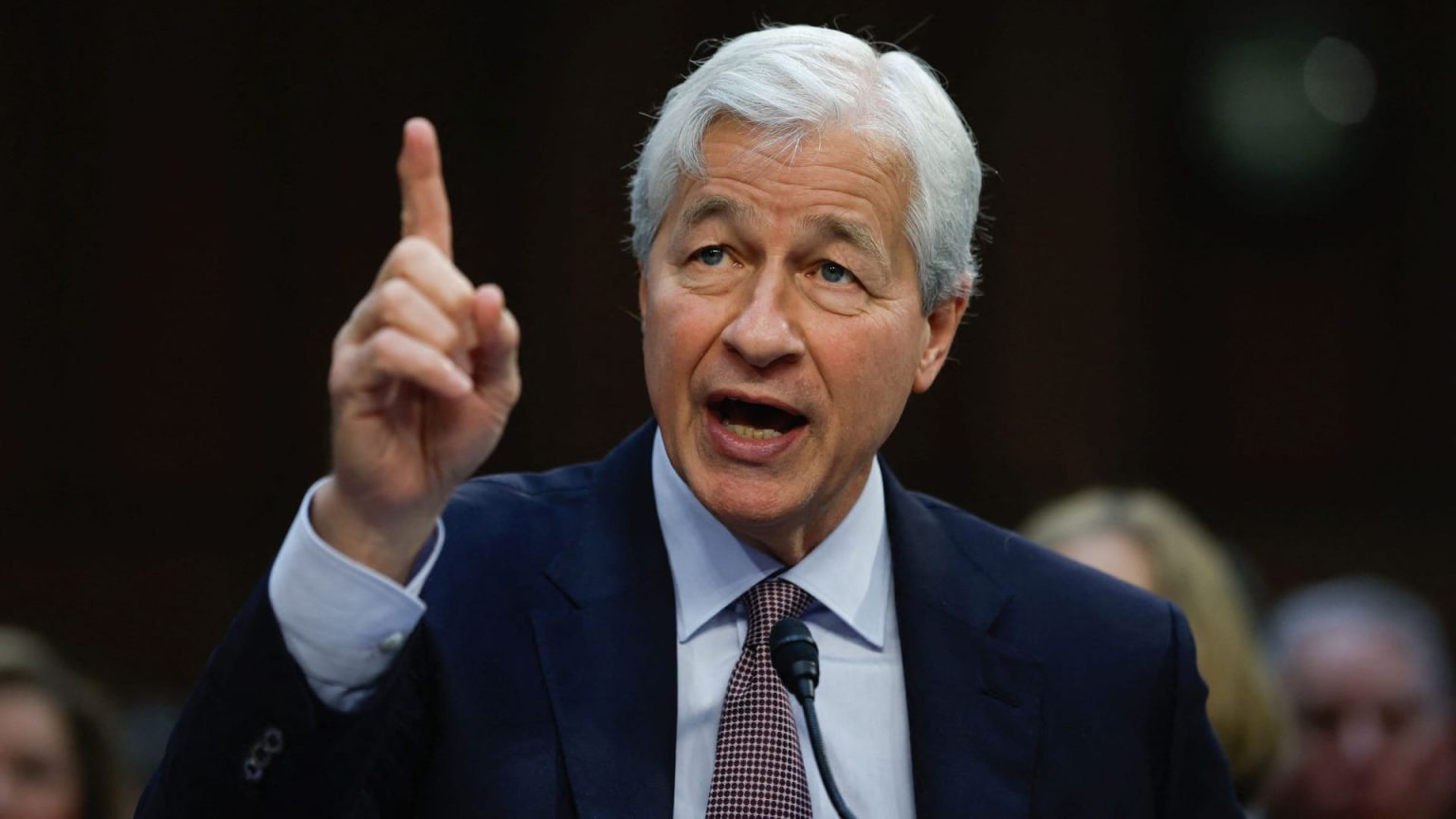The relationship between JPMorgan Chase and the government has become contentious, as the Consumer Financial Protection Bureau is investigating the bank’s role in the Zelle digital payments network. JPMorgan is facing accusations of failing to remove criminal accounts from its platform and failing to compensate scam victims. The bank issued a thinly veiled threat to sue its regulator, a move that would have been unheard of in the past when corporations feared provoking their overseers, especially in the aftermath of the 2008 financial crisis.
Trade groups believe that banks have become easy targets for populist attacks from Democrat-led regulatory agencies since the financial crisis. On the other hand, regulators argue that banks and their lobbyists have increasingly relied on courts in Republican-dominated districts to fend off reforms and protect billions of dollars in fees at the expense of consumers. The current disparity between the ambitious regulatory proposals of President Joe Biden’s administration and the conservative nature of the courts has opened up opportunities for successful industry litigation against regulatory changes.
This year has been pivotal for bank regulation, with government agencies aiming to reduce fees on credit card late payments, debit transactions, and overdrafts. The Basel Endgame proposal, designed to increase capital requirements for big banks engaged in trading and lending activities, was seen as a significant threat to the industry. JPMorgan warned investors of an impending onslaught of regulatory and legislative changes that could increase costs for consumers.
JPMorgan’s disclosure of the CFPB probe into Zelle follows years of scrutiny by Democrat lawmakers over financial crimes on the platform. While the majority of Zelle transactions are uneventful, the Senate report revealed that the three largest banks on the platform reimbursed only 38% of disputed fraudulent transactions. Amid this scrutiny, JPMorgan began warning users about scams and disclosed that customers might not be refunded for unauthorized transactions. CEO Jamie Dimon has been at the forefront of several battles with regulators and has led efforts to weaken proposals like the Basel Endgame that could impact consumers.
Banks have achieved some victories in their battles against regulation, with the threat of litigation playing a role in convincing the Federal Reserve to offer a new, industry-friendly Basel Endgame proposal. Venue shopping in conservative jurisdictions has become a common strategy for banks looking to file lawsuits against regulators and secure favorable outcomes. The polarized environment, where weakened federal agencies face challenges from conservative courts, ultimately benefits the largest corporations in maintaining the status quo of regulations despite changing circumstances in the world.
Overall, the relationship between banks and regulators has become increasingly contentious as both sides navigate a complex landscape of regulatory proposals, litigation threats, and political influences. The outcome of these conflicts will have significant implications for the financial industry and consumers as they seek to balance regulatory oversight with financial stability and consumer protection.













